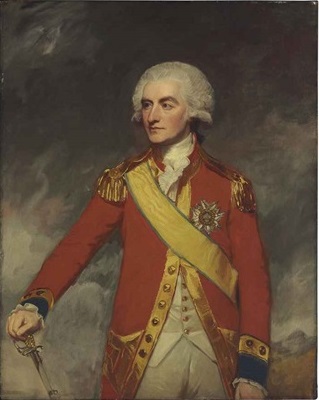From Rebel to Major General
5th Aug 2017
You find all sorts of fascinating characters buried beneath the sod of Edinburgh’s Canongate Kirkyard.
Adam Smith, the brilliant economist, lies here. The tragic poet Robert Fergusson, too. Not to mention Agnes Maclehose - aka “Clarinda” - the great love of Robert Burns.
But few among these famous folk lead more colourful lives than John Mackenzie, Lord MacLeod - the Canongate’s very own Jacobite rebel and Highland warrior.
Lord MacLeod features in our Outlander tour. And his story is a real-life adventure worthy of Diana Gabaldon’s rip-roaring 18th century tale of romance, war and survival against the odds. MacLeod was a member of the Mackenzie clan, born at Castle Leod, in Ross-shire in the Highlands, in 1727.
At 18, he joined the Jacobite Rising of 1745, fighting with his father’s clan for Prince Charles Edward Stuart at the Battle of Falkirk Muir.
“Bonnie” Prince Charlie’s aim was to reclaim the thrones of Scotland and England for his exiled father, the self-styled King James VIII. His supporters - known as Jacobites - took their name from Jacobus, the Latin for James. But the Jacobite Rising ended in defeat at the Battle of Culloden in 1746. Both MacLeod and his father were captured just a day before that bloody catastrophe. Their lands were confiscated. Both were charged with high treason.
MacLeod’s father was initially sentenced to death, although his life was spared. His son, too, was pardoned. And on regaining his freedom, the younger man left Britain behind him and went into exile. What followed was an extraordinarily successful career as a mercenary.
MacLeod fought for both the Prussian and Swedish royal armies. He rose through the ranks to become an Aide-de-Camp to the Swedish King Adolf Frederick. After decades of service to the king, he was made a Count of Sweden, taking the title Count of Cromarty.
But MacLeod’s heart was always in Scotland. And when Britain found itself embroiled in a series of tricky colonial wars in India and America in the 1770s, MacLeod saw his chance to return home and regain his position in British society. MacLeod’s military reputation meant he had no trouble raising a regiment from the Highland clans – this time to fight for the British government. His men saw action in India. This led to his Swedish title being recognised by Britain’s King George III. By the time MacLeod retired from the British Army in 1782, the former rebel held the rank of Major General.
In his later years, Lord MacLeod turned to politics, serving as the MP for Ross-shire. And in 1784 - nearly four decades after the Battle of Culloden - his family estates were finally returned to him and his rights as a British subject restored. MacLeod married in 1785, but the union was short-lived. There were no children and he died in Edinburgh three years later, aged 61.
Today MacLeod lies in a plot in the Canongate Kirkyard just to the right of the main entrance, near the Mercat Cross. You should visit him. Perhaps pause and pay him your respects. His tombstone is a relatively modest one. But it is a reminder of one of the most extraordinary periods in Scottish history, and of an extraordinary man – the Jacobite rebel turned British general, John, Lord MacLeod.

